Confronting the Modern Era
Voting
In Tennessee, unlike other southern states, some black men were able to vote during this time.
White Republicans and some Democrats grew to depend on the black vote. African American leaders like Robert Church in Memphis and James Napier in Nashville were able to get concessions from white politicians in return for delivering the black vote.
As late at the 1880s there were black state representatives from districts in West Tennessee.
But in 1888, Democrats won control of state government and began to remove the African Americans’ right to vote.
Over the next two years, the Democrat-controlled legislature passed several laws restricting black votes. These included laws that:
White Republicans and some Democrats grew to depend on the black vote. African American leaders like Robert Church in Memphis and James Napier in Nashville were able to get concessions from white politicians in return for delivering the black vote.
As late at the 1880s there were black state representatives from districts in West Tennessee.
But in 1888, Democrats won control of state government and began to remove the African Americans’ right to vote.
Over the next two years, the Democrat-controlled legislature passed several laws restricting black votes. These included laws that:
- Required voters to register 20 days in advance of the election.
- Required voters to present poll tax receipts before they could vote.
- Instituted secret ballots for state elections.
Dig Deeper: How did the above laws restrict African American rights to vote?
Picture Credits:
- Photograph of black men. This photo was taken in 1920 in Franklin, Tennessee. It shows a group of black men belonging to the Mason’s Lodge during a meeting at First Baptist Church. Tennessee State Library and Archives
- Photograph showing black farm laborers. This photo is entitled, “Dixie’s field of the cloth of gold.” It was taken by John Calvin Coovert in 1915 near Memphis, Tennessee. It shows black men, women, and children, picking cotton as a white manager weighs loads of cotton. Library of Congress
- Photograph showing the home of Robert R. Church, Sr. This photo was taken in 1899 in Memphis. Library of Congress
- Photograph of James C. Napier. This photo was taken in 1912, while Napier was serving as the Register of the U.S. Treasury. Library of Congress
- Photograph of Thomas O. Fuller. This photo was published in the work, Twenty years in public life, 1890-1910: North Carolina – Tennessee,” by Thomas Fuller. Fuller was a politician and minister in North Carolina before blacks were effectively disenfranchised in the state. Later, he moved to Memphis where he worked as a civil rights leader. New York Public Library
Confronting the Modern Era >> Racial Segregation >> Jim Crow Laws >> Voting
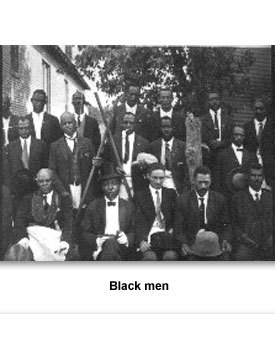
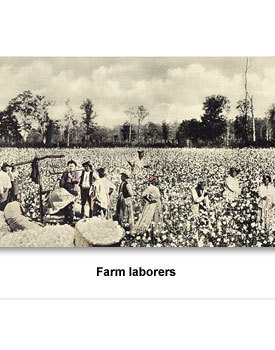
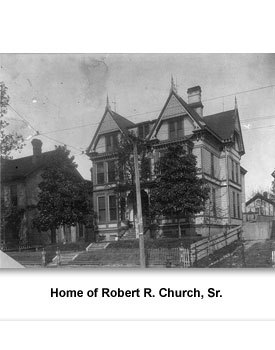
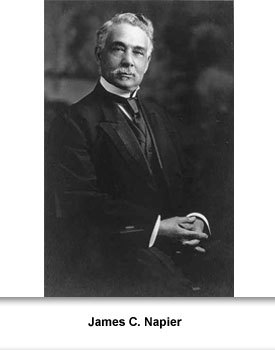
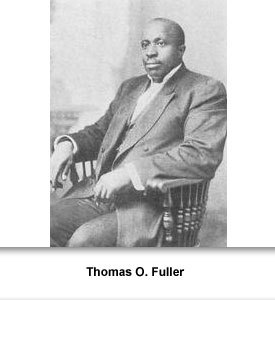
 Sponsored by: National Endowment for the Humanities
Sponsored by: National Endowment for the Humanities